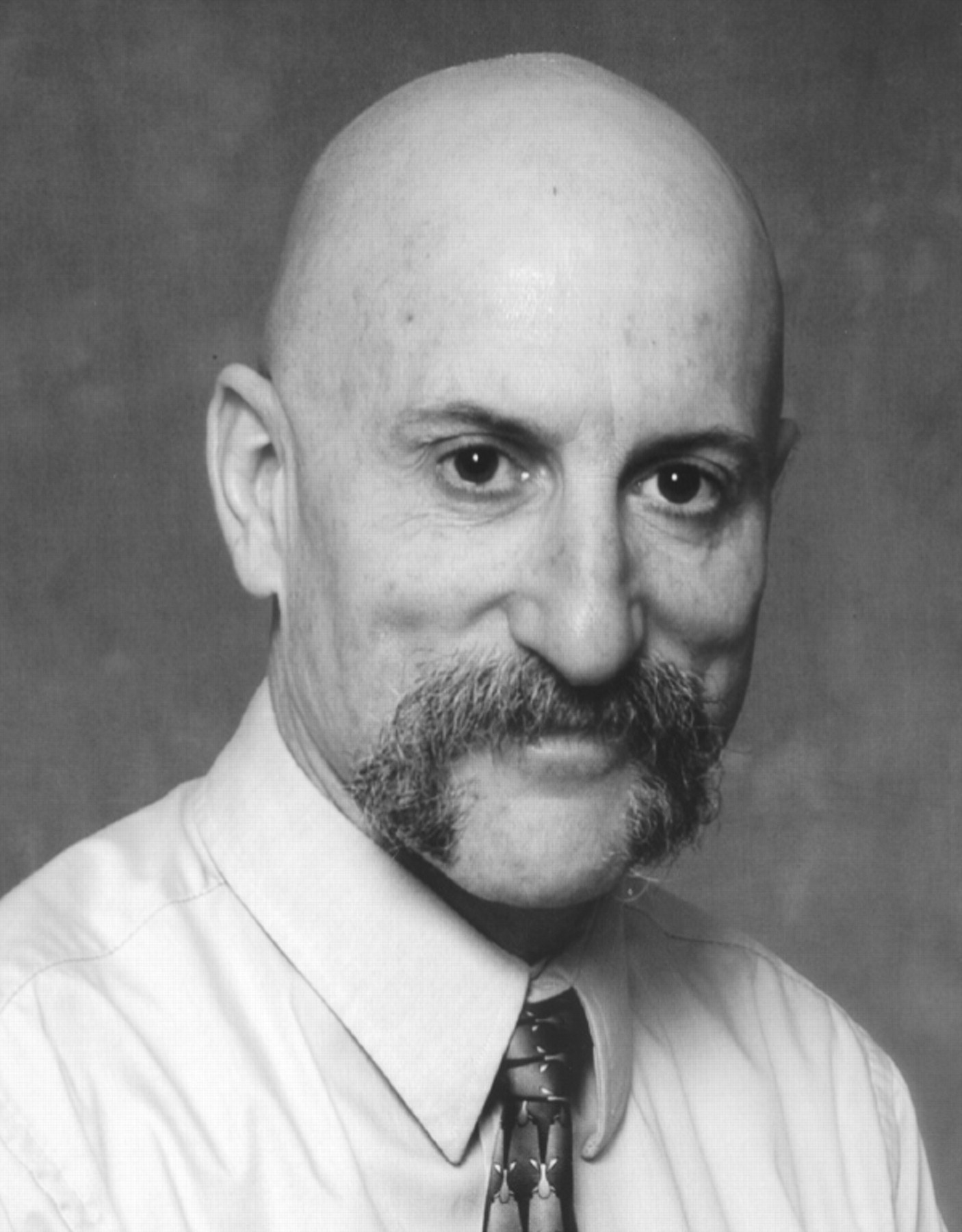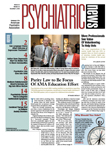Distinguished Fellow
I am the first physician ever in my large extended family that has seen more than its share of psychiatric issues. My wife and I are parents of 3: the oldest with developmental disabilities, the youngest a medical student, the middle one an artist. My practice of psychiatry is influenced by personal encounters with Robert Kennedy; Anna Freud; Martin Luther King; Ms Thomas, my 5th grade teacher; Kathy W., Marybeth B., and hundreds of other patients with serious mental illness. I have assisted 26 states and territories in better meeting the needs of their psych patients (AZ, CA, CO, CT, DE, FL, GA, IL, HI, MD, MA, MI, NH, NJ, NY, NC, OK, OR, PA, TN, VT, VA, WA, WV, DC, PR). I am well aware of psychiatry's struggles across N. Amer.
With work experience in public sector and private practice; in academic medicine and forensics; on Capitol Hill, with state mental health authorities and with state attorneys general; and with volunteer experiences in Europe, Asia, and Africa, I am ready to work with APA members to move our patient care, political, and professional agendas.
Do you know in APA's history we've had periods with one VP (1844-1885, 2004-), two VPs (1958-2003) and no VP (1886-1958)?
What specifically is an APA vice president to do to provide a necessary, meaningful, may be even memorable contribution?
First, comprehend contemporary problems in psychiatry:
Psychiatrists are too few in number, maldistributed with in and amongst states and provinces, short on cultural competency, and under-compensated compared to other specialties. The fight against psychologists and others expanding their scope of practice must address these issues and be reframed into a fight for patients—in the trenches, not simply in the state houses.
Substance/alcohol abuse are addling the brains of America's teens. We must expand our efforts in preventing addictions.
You and I, and our patients, are be leaguered victims of a confounding (non)system of care and insurances. The uninsured choose between meds and meals; the underinsured can be bankrupted by a psych admission. Psychiatrists in private practice struggle, consumed by forms that result in inadequate payments delivered late. Those in the public sector labor with inadequate resources and appreciation. Not only isn't there a single payer, too often there's no payer at all!
Children are sitting and suffering in ERs—there are no child psychiatry beds because market forces don't support them.
Hospitals are being replaced by jails/prisons which now house 500% more mentally ill persons than do state hospitals.
Second, understand major issues facing APA:
Accountability to all our members is essential, particularly residents and early career psychiatrists.
Pharma support taints our profession. Moderating this calls for thoughtful belt-tightening by informed leaders.
Actions of APA need to address members wherever they work: private office, CMHC, academia, VA, inpatient, rural.
Third, take action on two major projects for the 2-year term with leadership endorsement: 1) external and 2) internal.
Address unmet needs of veterans: facilitate their ability to get services wherever they seek them, improve VA and states' partnerships, keep struggling vets out of jails/prisons, and extend psychiatric care to veterans' families.
Formalize relationships with groups to strengthen our mission, e.g., Canadian Psychiatric Association, American Academy of Family Physicians, American College of Emergency Physicians. In this way we create partners in medicine, refine our care, and solidify our unique scope of practice.
Is your practice better off than when you started it? Rather than wait in the wings, the APA Vice President can actually do something for North American psychiatrists and our patients.
Primary Professional Activities and Sources of Income
As professor and director of public sector psychiatry, I am full-time at the University of Massachusetts Medical School, where I do teaching, mentoring, and supervision; patient care; research and administration: 75% of income. On my own time I do state and agency consultation and other forensic work: 25% of income.

